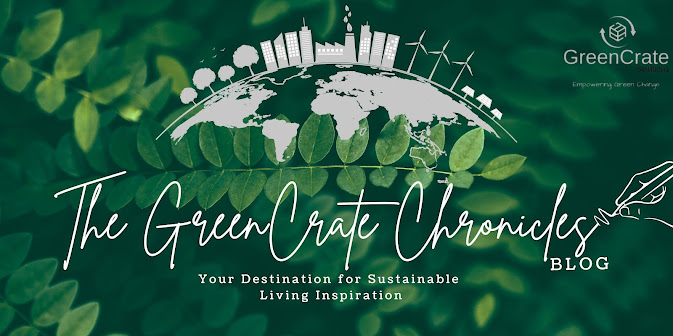Green Matters January 2025 part 2
%20(1).png)
1. Paris Fashion Week Embraces Sustainable Fashion Summary: Paris Fashion Week 2025 showcased a significant shift towards sustainability, with designers incorporating eco-friendly fabrics, zero-waste production, and body positivity into their collections. Recycled materials and organic textiles were prominently featured, reflecting the industry's commitment to environmental responsibility. Source: Vogue Hashtags: #ParisFashionWeek #SustainableFashion #EcoFriendly #ZeroWaste #GreenMatters 2. Record Increase in Atmospheric CO₂ Levels Summary: In 2024, atmospheric CO₂ levels experienced the largest recorded annual increase, highlighting the urgent need for effective climate action. Source: Earth.org Hashtags: #ClimateChange #CO2Emissions #GlobalWarming #ClimateAction #GreenMatters 3. Great Barrier Reef Suffers Catastrophic Coral Bleaching Summary: Early 2024 saw catastrophic coral bleaching on the southern Great Barrier Reef, with some coral genera experiencing up to 95% mort...

.png)
.png)
%20(1).png)
